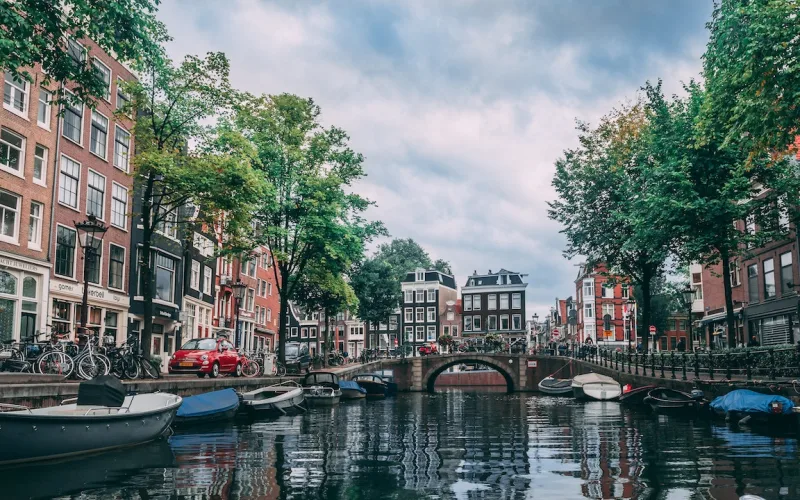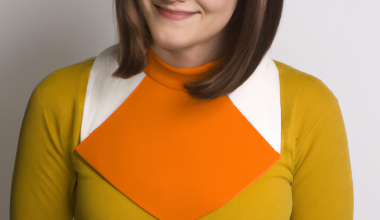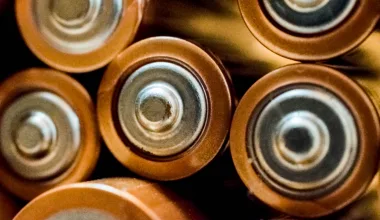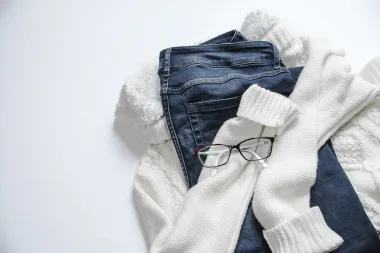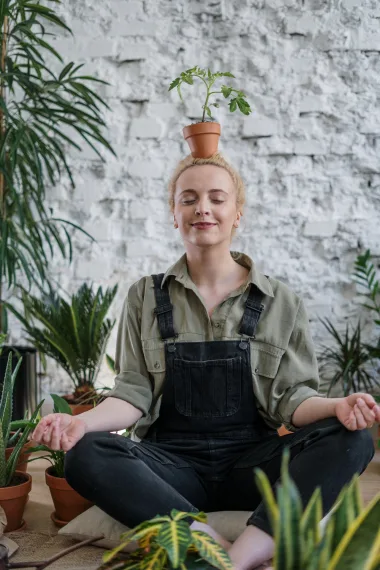Last Updated on September 21, 2023 by Ecologica Life
This article is for people who live in or visit the Netherlands and want to know more about recycling in the country. Don’t worry, in the Netherlands recycling is straightforward.
Recycling is vital for a cleaner environment and can help you reduce your carbon footprint. Aside from this, many municipalities will fine you if you don’t do waste separation properly! So make sure you are in the know how about proper disposal in the Netherlands.
In this article we will cover the types of waste that can be recycled in the Netherlands. These include plastic, paper, glass, cooking oil, textiles, organic waste, batteries, bulky waste and general waste.
Do you know how to separate waste in the Netherlands? Scroll down to find out.
Table of Contents
How to Recycle Plastic in the Netherlands
Plastic pollution is a major problem. Farm animals may be eating large amounts of plastic packaging. Microplastics have been found in high quantity in the oceans, and in our blood. It is therefore critical that we reduce our plastic consumption and recycle what we can.
In the Netherlands, plastic is recycled by putting it into containers labelled ‘plastic verpakkingen’. The types of plastic that can be recycled include cups, lids, bread bags, bottles, plastic wrap, flasks, pots, bags, and tubes. In some municipalities, you may be able to deposit beverage cartons and cans in these containers but check first.
Some municipalities, such as the City of Amsterdam, have begun to separate recyclable plastic waste directly from household waste. It was discovered that machines are generally better at separating plastic waste than people are. For this reason, these municipalities won’t have plastic recycling containers on the streets.
Tip: Tap water in the Netherlands is safe to drink and has a lower environmental impact than bottled water. Dutch tap water has also been shown to be virtually free of microplastics.
Can I Earn Money by Recycling Plastic Bottles Netherlands?
The answer is yes! This is called statiegeld (deposit) in the Netherlands. You get between €0.10-0.25 for most plastic bottles. Most supermarkets have a machine in the store where you can deposit plastic bottles.
Smaller supermarkets will sometimes allow you to return bottles directly to the cashier. If you are unsure, ask a supermarket employee.
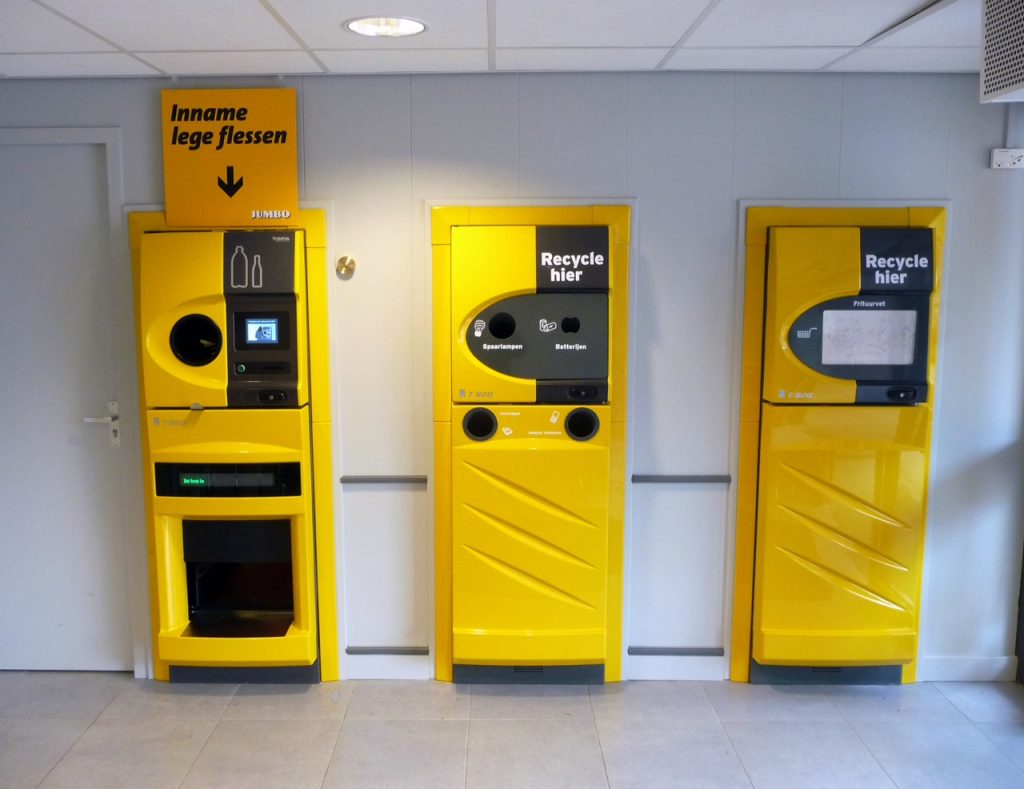
Essentially, it works as follows:
- Check that the bottle has the Statiegeld logo.
- Take the bottle to the supermarket.
- Insert your bottle into the bottle return machine.
- Take your voucher.
- Spend your voucher or redeem it for cash at the checkout.
Note that bottles should not be crumpled, as the machine may not accept them. Also remember that the supermarket will only pay you if they sell the brand you are returning.
You won’t be able to return all bottles for statiegeld. However, you can check which bottles you can return by looking on the label or by searching for the bottle online.
How to Recycle Paper in the Netherlands
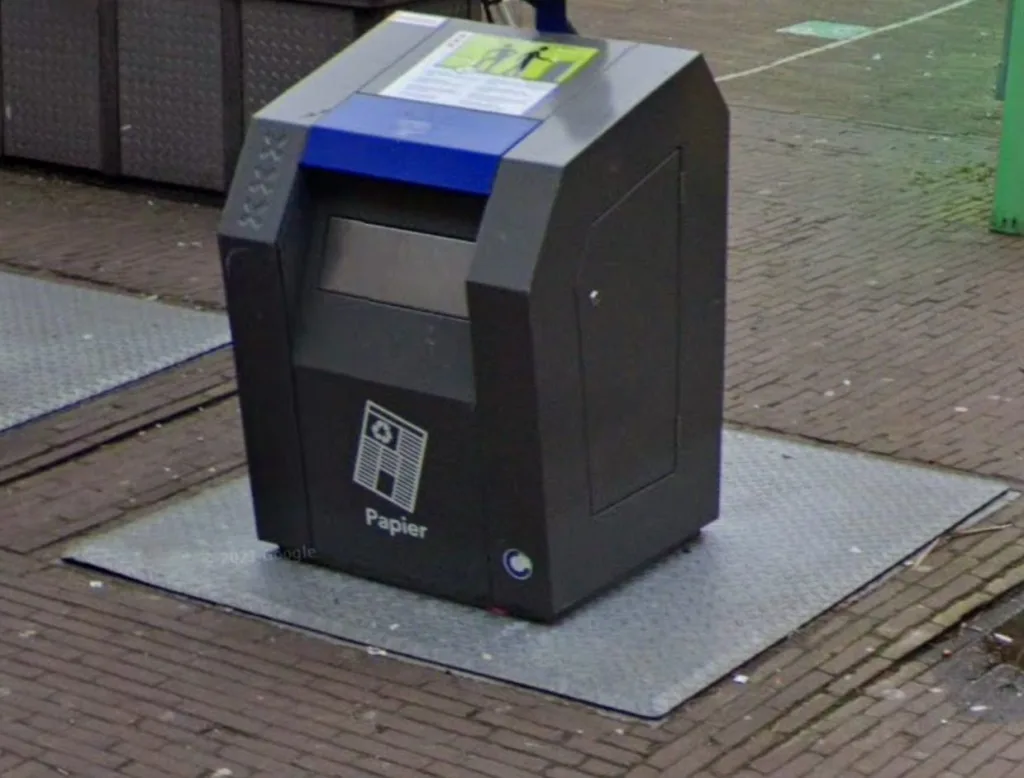
The more paper we recycle, the more trees we save from being cut down. Paper recycling bins can be found throughout the Netherlands. These containers will happily eat items such as newspapers, envelopes, toilet rolls, and cardboard boxes.
If the paper is dirty, for example with oil, paint, dirt, or other grime on it, you must dispose of it in the general residual waste bins.
Flatten or tear cardboard boxes so that they fit in the bin. Do not put used tissues, milk cartons, or dirty pizza boxes in the paper waste bin. These, along with plasticised paper can’t be recycled and must be put in the general waste bin.
- Yes – newspapers, envelopes, toilet rolls, and cardboard boxes.
- No – used tissues, milk cartons, dirty pizza boxes, and plasticised paper.
How to Recycle Glass in the Netherlands
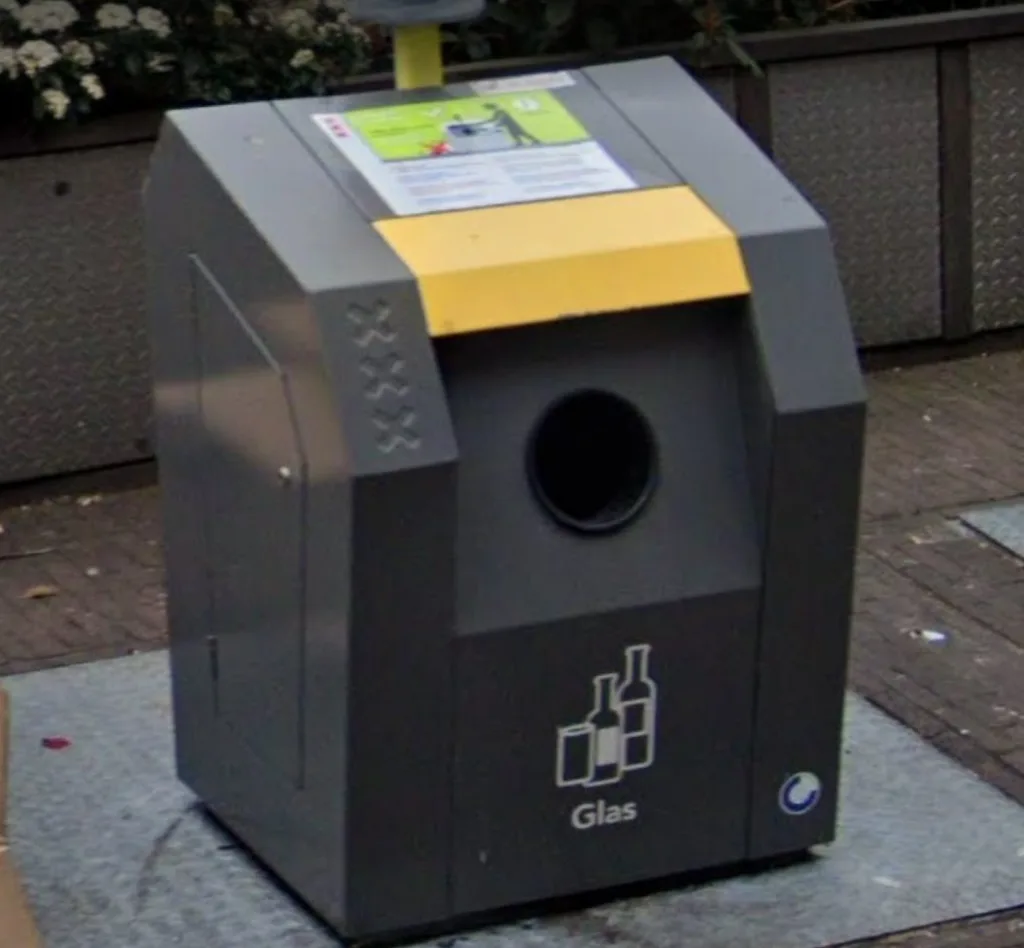
Glass production can produce various pollutants such as sulphur oxides, nitrogen oxides and particulate matter. It is an infinitely recyclable resource and should therefore be recycled whenever possible.
Bottles and jars can be recycled in the Netherlands. Sometimes, you will have to separate the glass waste into coloured glass (bont) and white glass (wit). In some cities, coloured glass is further divided into green (groen) and brown (bruin) glass.
But don’t panic! If you have to recycle glass separately, the municipality will mark the recycling bins with bont, wit, bruin, or goen glass. Otherwise, the recycling bins will just say “glas”, which means all types of glass bottles and jars.
Can I Get Paid for Recycling Glass?
Again, the answer is yes! Statiegeld also works for glass, especially beer bottles. You can deposit your beer bottles by the crate or half-crate, and you can also deposit individual bottles. Look for the word “statiegeld” somewhere on the label.
What Goes in the Glass Bins (Glasbakken)?
- Yes – Food jars, sauce bottles, etc. Lids, and covers can be left on the jars and bottles.
- No – Light bulbs, glass kitchenware, drinking glasses, glass from windows, etc.
How to Recycle Cooking Oil in the Netherlands
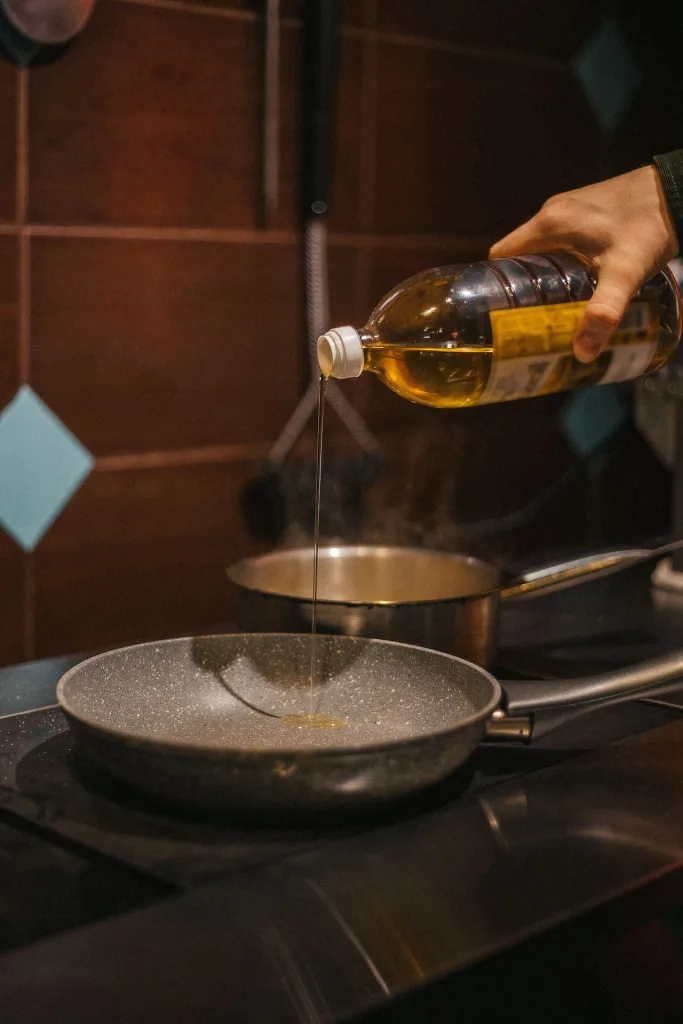
More than 50% of the cooking oil consumed by Dutch households ends up in residual waste or the sewage system. This is a shame, because cooking oil (such as vegetable oil) can be recycled into biofuel and other cooking products. Not to mention that even pouring even small amounts of oil down the sink can create fatbergs that clog drains.
To recycle your cooking oil, simply pour it into a plastic bottle after use. Then search for a postcode or area near you to find your nearest waste collection point. The plastic bottle can be recycled too.
How to Recycle Clothes in the Netherlands
The textile industry is a major source of greenhouse gas emissions. Clothes should therefore be recycled in whatever condition they are in, this includes scrap cloth! However, they must be clean (no oil or paint stains). Shoes should also be recycled.
But before you throw away your textiles, think about giving them a second life in a second-hand store. If you do decide to recycle your clothes, look for the textile bins (textielbak). If you don’t see them with your local recycling bins, check your municipality’s website to find them.
Alternatively, companies such as Sympany.nl and reshare.nl provide textile containers all over Amsterdam and the Netherlands. You can use these websites to find a textile container near you.
You can even donate curtains, bedsheets, and teddy bears. But only donate clean textiles. Make sure you wrap them tightly in a plastic bag to keep them clean.
During the recycling process, good textiles are sold and worn again. Lesser quality textiles are repurposed into new products, such as car seats or cleaning cloths.
Want to know how you can wear clothes more sustainably? Read our article
How to Recycle Organic Waste in the Netherlands
Recycling organic waste helps to reduce the amount of methane produced in landfills. This is important because methane is a powerful greenhouse gas.
Food waste and garden waste (green waste) can be put in the organic food waste container. Please note that this is not the same as the general residual waste. Organic materials can be fermented and composted into useful products, such as green gas, CO2, citrus fuel, compost and water.
High-rise buildings often don’t have organic waste bins, while low-rise houses tend to have their own container for organic waste. If you don’t have easy access to an organic waste container, consider using organic waste in your sustainable garden.
Tip: Use a biodegradable/compostable bio bag for your organic waste.
How to Recycle Batteries in the Netherlands
Batteries are one of the most polluting household items. When batteries corrode in landfills, the chemical waste can leach into soil and water supplies, contaminating entire ecosystems.
Never dispose of batteries in your general waste. Dispose of your batteries in collection bins in shops or at a recycling centre. Tip: Most shops that sell batteries also have collection bins for them.
How to Recycle Bulky Waste in the Netherlands
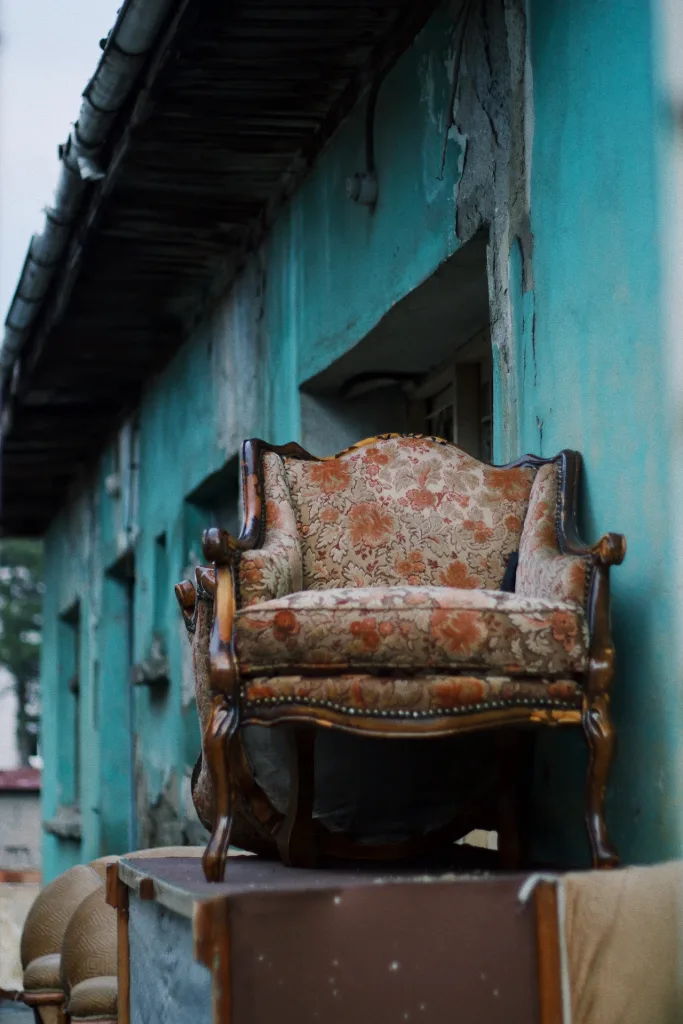
Furniture and large electronic items can be taken to a recycling centre. If you can’t bring your bulky waste yourself, you can make an appointment with your local municipality free of charge! Just search for ‘bulky waste’ or ‘grofvuil‘ in Dutch, followed by the name of the town where you live. Your municipality will provide you with details about collection and recycling.
Bulky waste can also be donated to a charity or a second-hand shop (called a kringloop in the Netherlands). Some shops may even come and collect your bulky waste for free! Some second-hand shops may even pay you for your goods. Make sure you discuss your options with the shop owners first.
General Waste Disposal
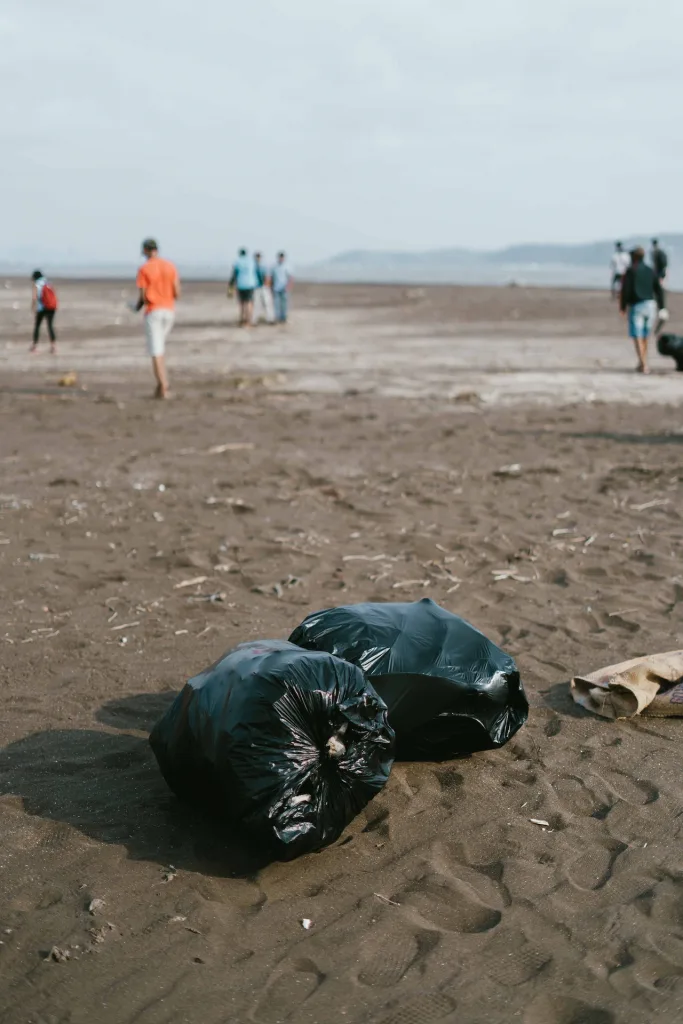
Diapers, cat litter, coffee cups, broken glass, and other non-recyclable waste materials can be deposited here. General rubbish can be placed in underground bins, or it can be collected from the street by the garbage collectors. Talk to your neighbours to find out where the collection points are and when the garbage is collected.
In the Netherlands, residual waste is either buried in a landfill or incinerated to generate power. However, there is an ongoing debate about this practice in a country that prides itself on being environmentally friendly.
However, waste management in the Netherlands is becoming more efficient as time goes by. The Dutch government has set a target of halving the use of primary raw materials by 2030. They also want to be a completely waste-free economy by 2050. The timeline for this is outlined on their website.
